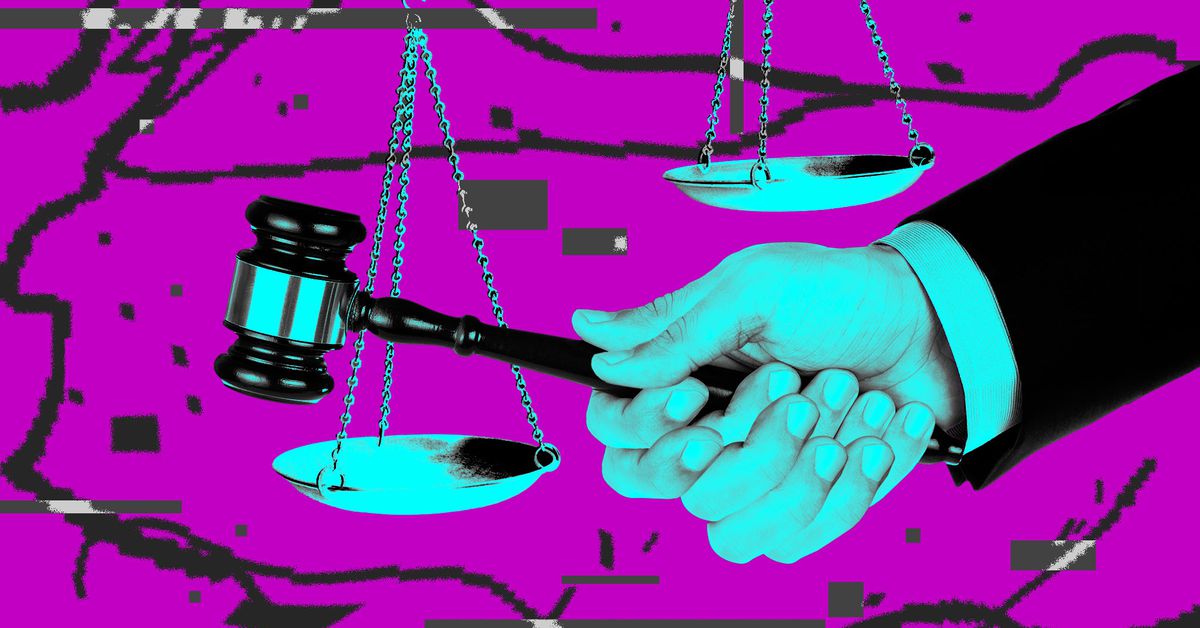A bipartisan group of senators introduced a new bill to make it easier to authenticate and detect artificial intelligence-generated content and protect journalists and artists from having their work gobbled up by AI models without their permission.
The Content Origin Protection and Integrity from Edited and Deepfaked Media Act (COPIED Act) would direct the National Institute of Standards and Technology (NIST) to create standards and guidelines that help prove the origin of content and detect synthetic content, like through watermarking. It also directs the agency to create security measures to prevent tampering and requires AI tools for creative or journalistic content to let users attach information about their origin and prohibit that information from being removed. Under the bill, such content also could not be used to train AI models.
Content owners, including broadcasters, artists, and newspapers, could sue companies they believe used their materials without permission or tampered with authentication markers. State attorneys general and the Federal Trade Commission could also enforce the bill, which its backers say prohibits anyone from “removing, disabling, or tampering with content provenance information” outside of an exception for some security research purposes.
(A copy of the bill is in he article, here is the important part imo:
Prohibits the use of “covered content” (digital representations of copyrighted works) with content provenance to either train an AI- /algorithm-based system or create synthetic content without the express, informed consent and adherence to the terms of use of such content, including compensation)



There’s a lot of private people training models (Lora, Dora’s etc) / fine-tuning checkpoints and what have you
Training models is not just giant tech corps anymore
I know, I have one running locally on my PC, it’s neat.
I still don’t think that changes my point, though - that a large AI model, particularly one that can scrape the whole web of any content it can find, then immediately be used to generate a practically infinite amount of content in seconds is very different to the idea of a little 8 year old in a library reading books then writing something himself.
And I still maintain that companies aren’t people and shouldn’t necessarily have the same rights as a person.